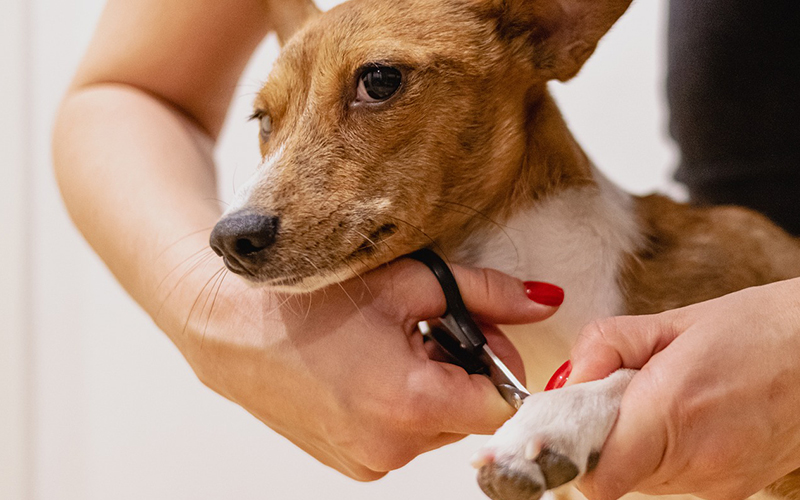Taking care of a pet is a rewarding yet challenging responsibility. Whether you’re a new pet owner or have had furry companions for years, understanding proper pet care is crucial for your pet’s well-being. This article provides essential tips for ensuring your pet’s health and happiness while also emphasizing the importance of research specific to your pet type.
Understanding Your Pet’s Needs
Before bringing a pet into your home, it is imperative to research the specific needs of that species, breed, or type. Each animal has unique requirements in terms of diet, exercise, grooming, and medical care. For instance, dogs need daily exercise and social interaction, while cats often require stimulating environments and opportunities to engage in play. Birds, reptiles, and small mammals like hamsters have very different care requirements.
1. Research Before You Adopt
Research is vital when considering pet ownership. According to the American Society for the Prevention of Cruelty to Animals (ASPCA), potential pet owners should assess their lifestyle, living situation, and capabilities before choosing a pet. Resources such as the ASPCA and the Humane Society provide valuable insights into pet care and the implications of pet ownership (ASPCA, n.d.).
2. Provide a Balanced Diet
Proper nutrition is crucial for your pet’s health. Each type of pet has specific dietary requirements. For example:
- Dogs benefit from high-quality protein, grains, fruits, and vegetables designed for their size and age.
- Cats are obligate carnivores and need a diet high in animal proteins and specific nutrients like taurine.
Consulting with a veterinarian can help you create a balanced diet suited to your pet’s needs. The Association of American Feed Control Officials (AAFCO) provides guidelines on pet food labeling and nutritional standards (AAFCO, n.d.).
3. Regular Veterinary Care
Routine veterinary visits are essential for maintaining your pet’s health. Regular check-ups help catch potential health issues early. Vaccinations, parasite prevention, dental check-ups, and spaying or neutering are critical components of preventive health care.
The American Veterinary Medical Association (AVMA) emphasizes the importance of regular veterinary visits and preventive care in extending the life of pets (AVMA, 2021).
4. Exercise and Mental Stimulation
Pets, particularly dogs, require regular physical activity and mental stimulation to stay healthy and happy. Regular walks, playtime, and training sessions not only provide exercise but also strengthen the bond between you and your pet. For smaller pets, ensure they have space to move and explore safely.
Interactive toys, puzzle feeders, and training exercises can keep your pet mentally engaged. Providing opportunities for socialization with other pets can also be beneficial.
5. Grooming and Hygiene
Regular grooming is important for many pets. This not only keeps their coat healthy but also allows you to check for parasites or skin issues. For example:
- Dogs may need regular baths, brushing, and nail trimming.
- Cats often groom themselves but may require assistance, especially in long-haired breeds.
- Small mammals like guinea pigs need their living area kept clean and regular brushing for their fur.
The American Kennel Club (AKC) offers detailed grooming tips based on dog breed and coat type, while similar resources exist for other pets (AKC, n.d.).
6. Creating a Safe Environment
Ensure your home is safe and comfortable for your pet. Remove hazards such as toxic plants (like lilies and azaleas), secure heavy items, and store harmful chemicals out of reach. Create a designated space for your pet with a comfortable bed, toys, and fresh water.
Special Considerations for Specific Pets
If you offer a specific type of pet care service, such as dog walking or grooming, focus on the intricacies of care for that pet type. For example, explain how to train a dog for walking on a leash or the importance of regular bathing for specific dog breeds.
Conclusion
Taking care of a pet involves a committed approach that encompasses research, preparation, and continuous learning about their specific needs. By understanding your pet’s requirements and providing love, care, and attention, you can ensure a happy and healthy life for your furry companion.
References
- American Society for the Prevention of Cruelty to Animals (ASPCA). (n.d.). Retrieved from ASPCA
- Association of American Feed Control Officials (AAFCO). (n.d.). Retrieved from AAFCO
- American Veterinary Medical Association (AVMA). (2021). Preventive healthcare guidelines. Retrieved from AVMA
- American Kennel Club (AKC). (n.d.). Dog grooming tips and techniques. Retrieved from AKC


